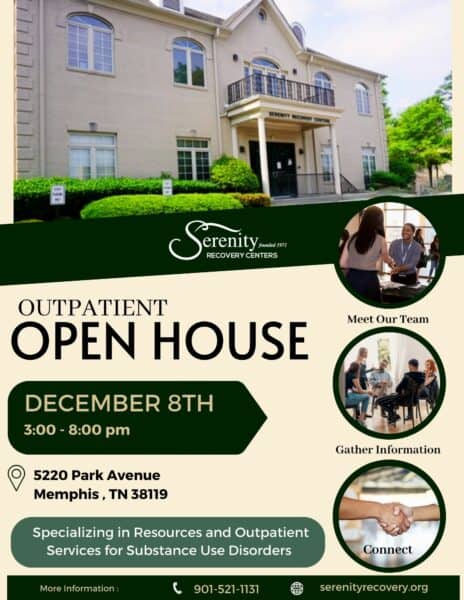Receiving treatment for addiction is the only proven way to break the cycle. In the US, about 8 percent of the population, or 21.7 million people, need or regularly receive treatment for substance use disorders. Addiction is a challenge to treat and requires a good treatment plan with a long-term approach. The first step to getting started is understanding the available options for addiction treatment.
Before Any Treatment Can Begin
Before any treatment plan can start and have hope of working, the individual must acknowledge that substance use has become a problem. Once they’ve accepted that it’s negatively impacting their life, a wide range of treatment options are available. For many fighting addictions, some form of treatment may be ongoing for the remainder of their life.
Determining the Right Addiction Treatment
Treatment options for addiction depend on the type of addictive disorder, the length and severity of use, and how it has affected the individual’s life and relationships. In addition, treatment for physical complications that have developed from addiction, such as liver disease, needs to be treated. Most people will receive some combination of treatment approaches that work best for their context and personality. Common treatment programs may include a combination of inpatient and outpatient programs, psychological counseling, self-help groups, and medication.
Detox
Detoxification is usually the first step in treatment. It involves clearing the addictive substance from the body and managing withdrawal reactions. In most cases, a treatment clinic will use medications to reduce withdrawal symptoms.
Counseling
Following detox, the most common form of treatment involves counseling and behavioral therapies. Usually, one-on-one, group, or family therapy are considered. Counseling for addiction aims to help people change behaviors and attitudes related to using a substance, as well as strengthening life and social skills.
Rehab Programs
Longer-term treatment programs for substance-related and addictive disorders can be very effective. These programs focus on keeping the individual drug-free and resuming function within social, professional, and family contexts. Fully licensed residential facilities are available to structure a 24-hour car program, provide a safe housing environment, and supply necessary medical interventions or assistance.
- Short Term Residential Treatment – Focuses on detoxification and preparing individuals for a longer stay within a therapeutic community through counseling.
- Therapeutic Communities – For individuals seeking long-term treatment for severe addiction, a residence stay between 6 and 12 months with on-site staff. The community and staff are key factors in recovery from and changes in attitude and behavior toward drug use.
- Recovery Housing – A supervised, short-term stay in housing to help people engage with responsibly and adapt to independent life. Recovery housing includes advice on handling everyday responsibilities like finances and finding employment. Most importantly, it provides support for individuals during the final stages of recovery, giving them the confidence to reintegrate with society.
Are you or a loved one struggling with alcohol or other drugs? Call us to speak confidentially with a recovery expert now: (901) 521-1131 or visit our website serenityrecovery.org
